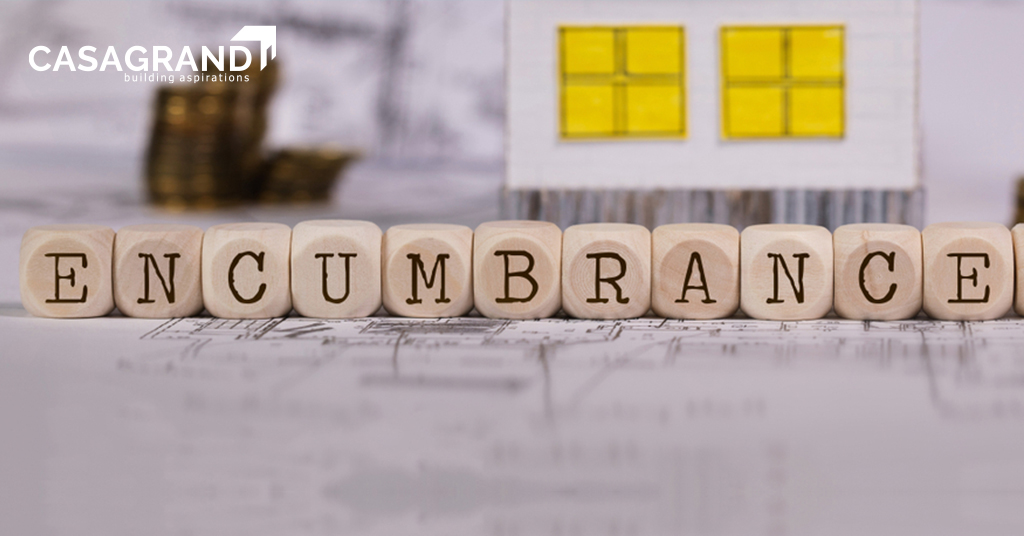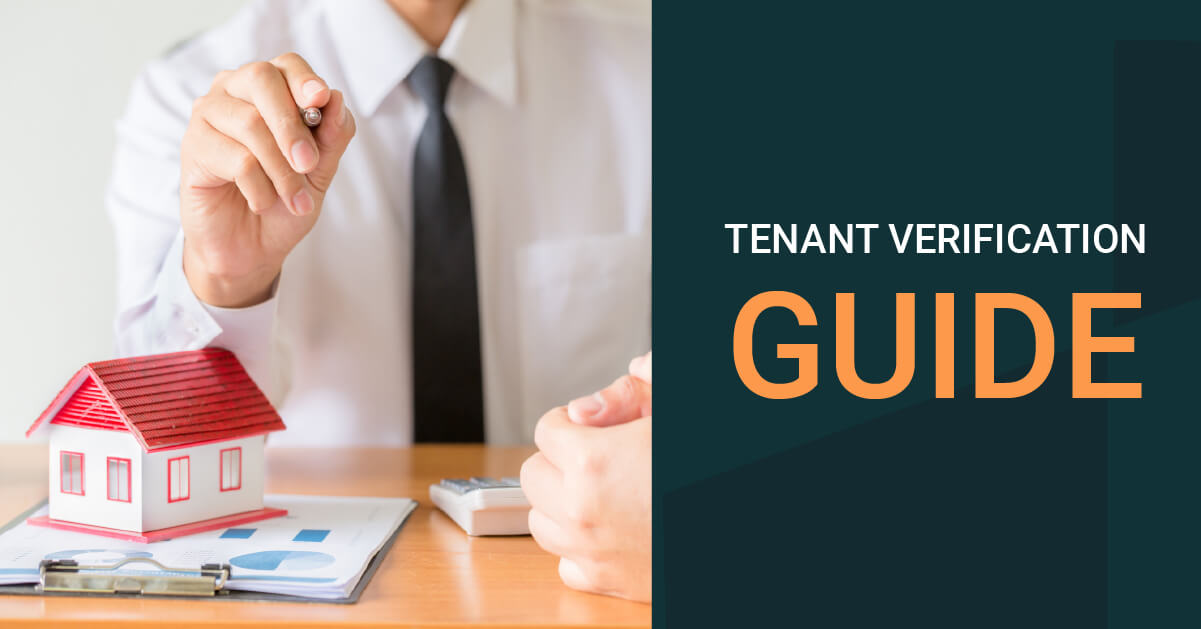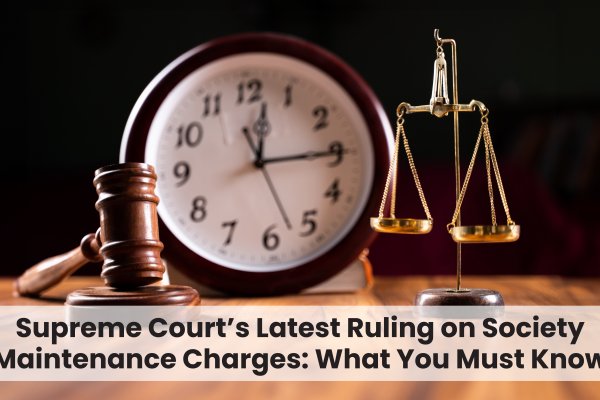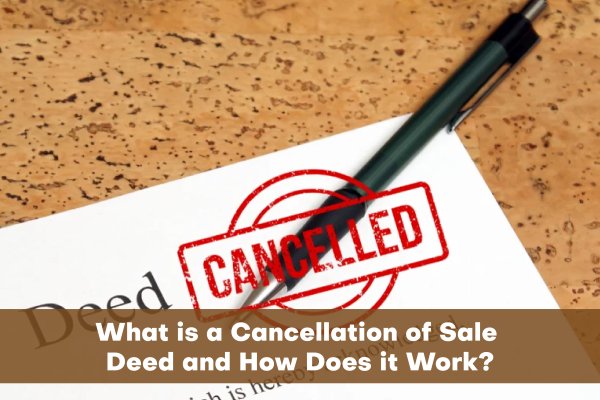You know the price of the flat, but do you know what else you are paying for?
In Chennai, many homebuyers are surprised to find that stamp duty and registration charges are not included in the builder’s quoted price. Governed by the Tamil Nadu Stamp Act, these charges can significantly increase your overall cost. Understanding them early can save you from last-minute confusion and help you plan your finances with clarity.
To avoid unexpected expenses and make informed decisions, it’s essential to understand what these charges are, why they apply, and how they affect your budget.
What is Stamp Duty and Why Homebuyers Must Pay it?
Understanding Stamp Duty is an essential step for anyone purchasing a home. Stamp duty is a legal fee that must be paid whenever a property is sold or transferred. It plays an important role in establishing the validity of your ownership. Without this payment, your sale agreement has no legal standing.
The amount is typically calculated based on the property’s sale value or market value, whichever is higher, ensuring fair taxation for all transactions. Paying the correct stamp duty is required by law for the sale deed to be recognised and enforceable.
Registration authorities will not process your property documents unless stamp duty is paid in full. It means that your ownership cannot be legally established until this step is complete. This makes stamp duty a vital, non-negotiable part of buying property in Tamil Nadu.
Standard Stamp Duty and Registration Charges in Chennai
Knowing the official rates for stamp duty and registration charges in Tamil Nadu helps every homebuyer eyeing property in Chennai budget more effectively. For most residential properties, stamp duty in Tamil Nadu is set at 7% of the property value, and the registration fee is typically 4%. These charges are official, mandatory, and governed by state law.
It’s important to note that the exact rates may vary based on the type of property. While flats and villas typically follow standard rates, transactions involving gift deeds, property partitions, or certain other types of transfers may attract different charges. Many property builders in Chennai also guide buyers on these costs during the booking process, making it easier to plan ahead with clarity.
Do Builders Include Stamp Duty in Quoted Prices?
When searching for a new home, it is essential to consider factors beyond the advertised price. Many homebuyers assume that the amount quoted by property builders includes all costs, but this is rarely the case. Stamp duty and registration charges are major expenses that often catch buyers off guard.
Most builders present the basic unit cost and amenities fee, while government charges are kept separate. Even when you see “all-inclusive” pricing, these mandatory fees may not be included unless the builder clearly mentions it in writing. To avoid unexpected expenses at the time of registration, always ask for a detailed breakdown and clarify which charges are covered.
Why Builders Exclude Stamp Duty from Pricing?
It is standard for property builders to exclude stamp duty and registration charges from the quoted property price. This is because the government sets these rates and can change them without notice, making it impossible for builders to guarantee a fixed amount at the time of booking.
The Tamil Nadu Stamp Act also makes it the homebuyer’s legal responsibility to pay these charges during the registration process. By listing stamp duty and registration separately, builders maintain clear and transparent pricing. This approach protects both parties from confusion, ensures compliance with the law, and helps homebuyers budget more accurately.
How to Budget for Stamp Duty and Registration Charges?
These government-mandated fees are substantial, and miscalculating them can result in unexpected financial strain or legal issues at the time of registration.
Fortunately, with a few steps, you can ensure your property purchase stays on track and within budget. Here’s how to budget and protect yourself from extra costs:
- Ask the builder for a breakdown of all charges, ensuring that mandatory government fees are included.
- Inquire about the level of support the builder provides with paperwork and registration. Will they only provide you with the documents, or will they also assist you in filing them?
- Verify if the property’s value is based on a “composite value,” which takes into account both the super built-up area and land share. This helps in ensuring an accurate stamp duty calculation.
- Cross-verify the latest stamp duty and registration rates using trusted sources or the official state calculator.
- Double-check the rates and rules on government portals before making payments.
- Use official calculators to confirm the amounts quoted by your builder.
- Always avoid properties with unclear documentation or unverified guide values, as these can lead to disputes or extra charges later.
- Always collect official receipts and registration documents after making any payment.
By following these practical steps, you safeguard your investment and enjoy peace of mind throughout the entire home-buying process.
Take Control of Your Investment
Before finalising your purchase, always ask the builder for a detailed price breakdown. Be sure to check whether Stamp duty and registration charges are included in the overall price, or if they are extra.
At Casagrand, we believe that a confident homebuying experience begins with clarity. Always review every document carefully and stay updated with the latest rates, as stamp duty and registration charges in Tamil Nadu may change over time. When you plan these costs in advance, you protect yourself from last-minute financial surprises and ensure that your property transaction remains secure and legally compliant. For most homebuyers in Chennai, staying informed about the Tamil Nadu Stamp Act and insisting on transparency from the builder are key to a smooth journey. We recommend always getting written confirmations, asking questions, and making every decision with complete confidence. That is how you enjoy the comfort of your new Casagrand home.


















